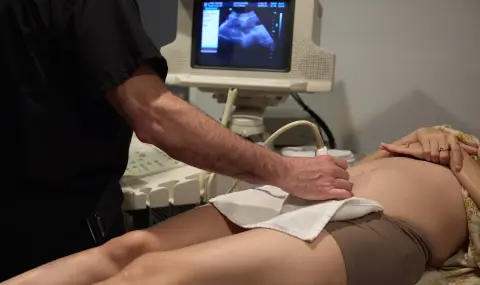In the US elections, residents of 10 US states also voted on abortion laws. In seven of them, voters supported the right to abortion, which is yet to be written into the constitution of the respective state.
In Arizona, termination of pregnancy will be possible as early as the sixth month. Also in Colorado, Maryland, New York, Nevada, Montana and Missouri, the right to abortion will be written into the constitution. In this regard, some German publications, including the ARD, recall that in Missouri, until now, women could not have an abortion even after rape.
Good luck to abortion opponents in three states
In Florida, however, the referendum failed to achieve the necessary majority of 60% of the votes – about 57% voted for the right to abortion. Since May, a law has been in force there that prohibits abortions from the sixth week of pregnancy. Previously, this was allowed up to the 15th week of gestation.
The referendum also failed in South Dakota. There, the pro-abortion movement wanted existing restrictions on terminations of pregnancy to be lifted. This means that one of the strictest bans on abortion remains in place: in this American state, abortions are only allowed if the mother's life is in danger – without any exceptions, such as in cases of rape or incest.
In Nebraska, supporters of abortion rights also failed to achieve success. Voters there voted to enshrine in the constitution the current ban from the twelfth week of pregnancy and rejected an alternative proposal with a longer period.
Slight increase in abortions
In the immediate aftermath of the 2022 Supreme Court ruling that left abortion regulation up to the US states, 13 Republican-controlled states banned abortions with few exceptions. Four other states do not allow abortions from the sixth week of pregnancy - often before many women even know they are pregnant. Despite these bans, the number of abortions in the US has slightly increased.
The right to abortion was a major issue in the presidential election campaign and was seen as an important factor in mobilizing voters. Democratic candidate Kamala Harris campaigned in support of women's suffrage and blamed her Republican opponent, Donald Trump, for statewide bans. Trump himself avoided this uncomfortable topic for him.
Emilian Lilov (editor)
